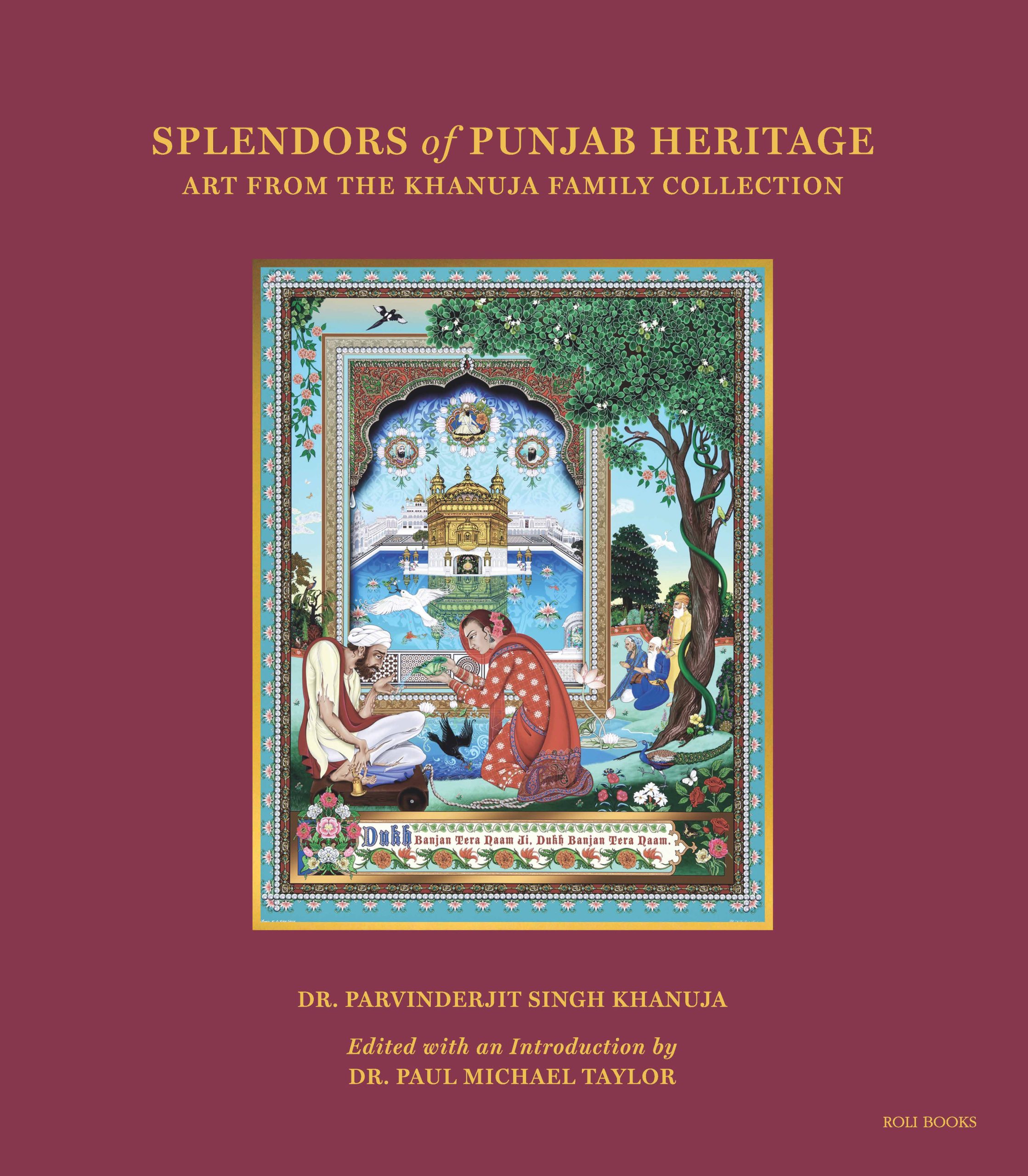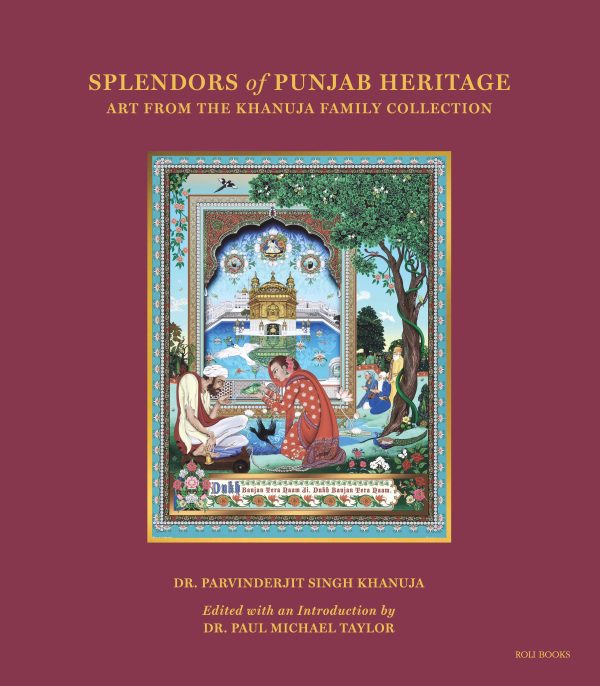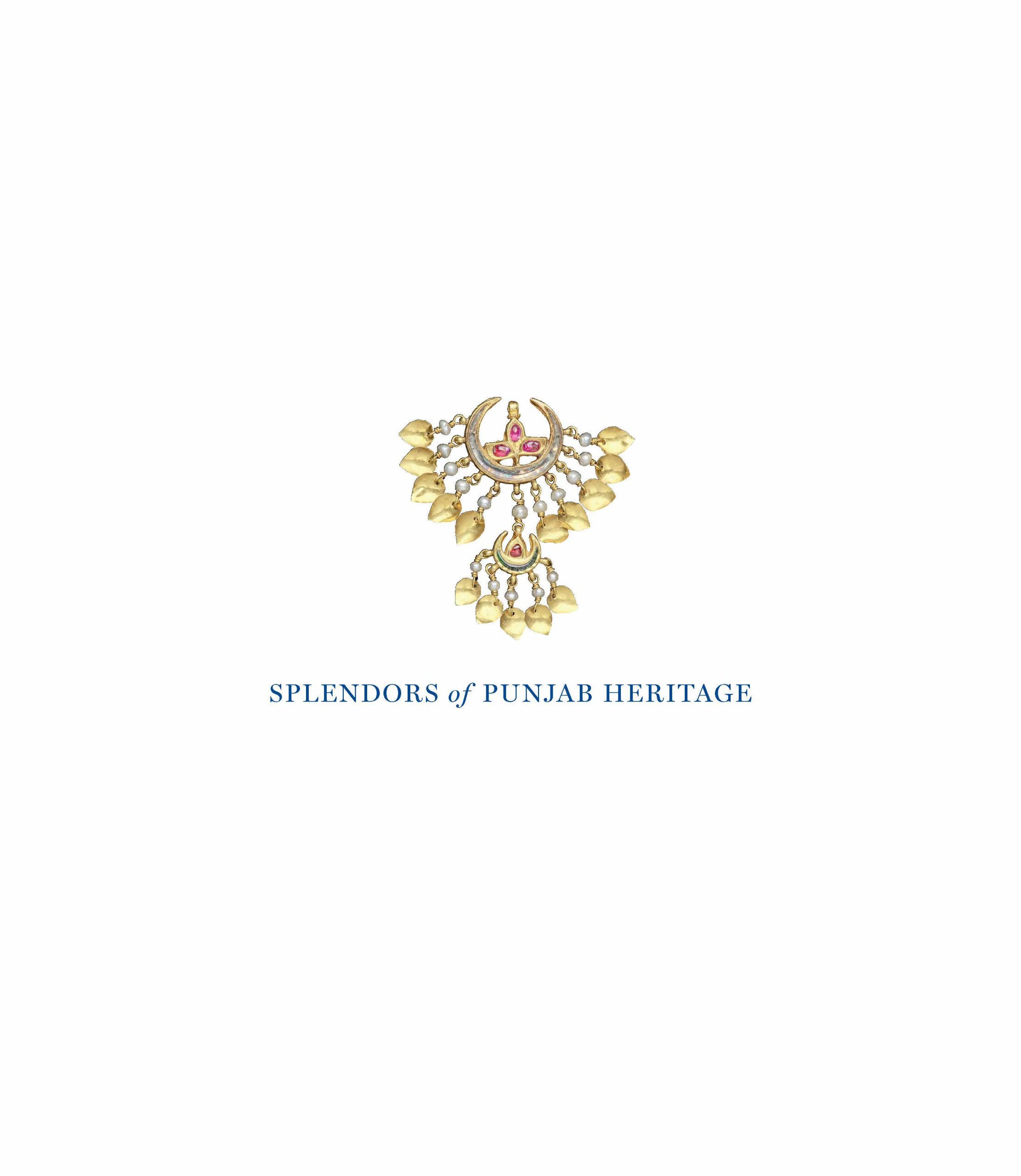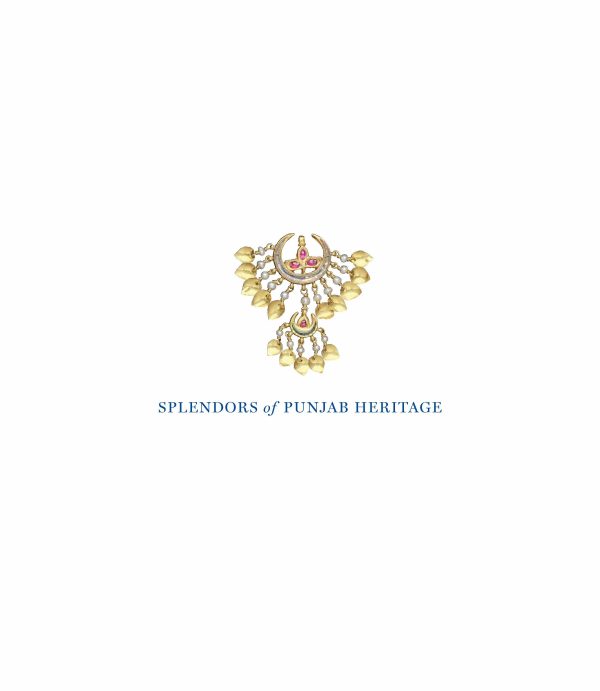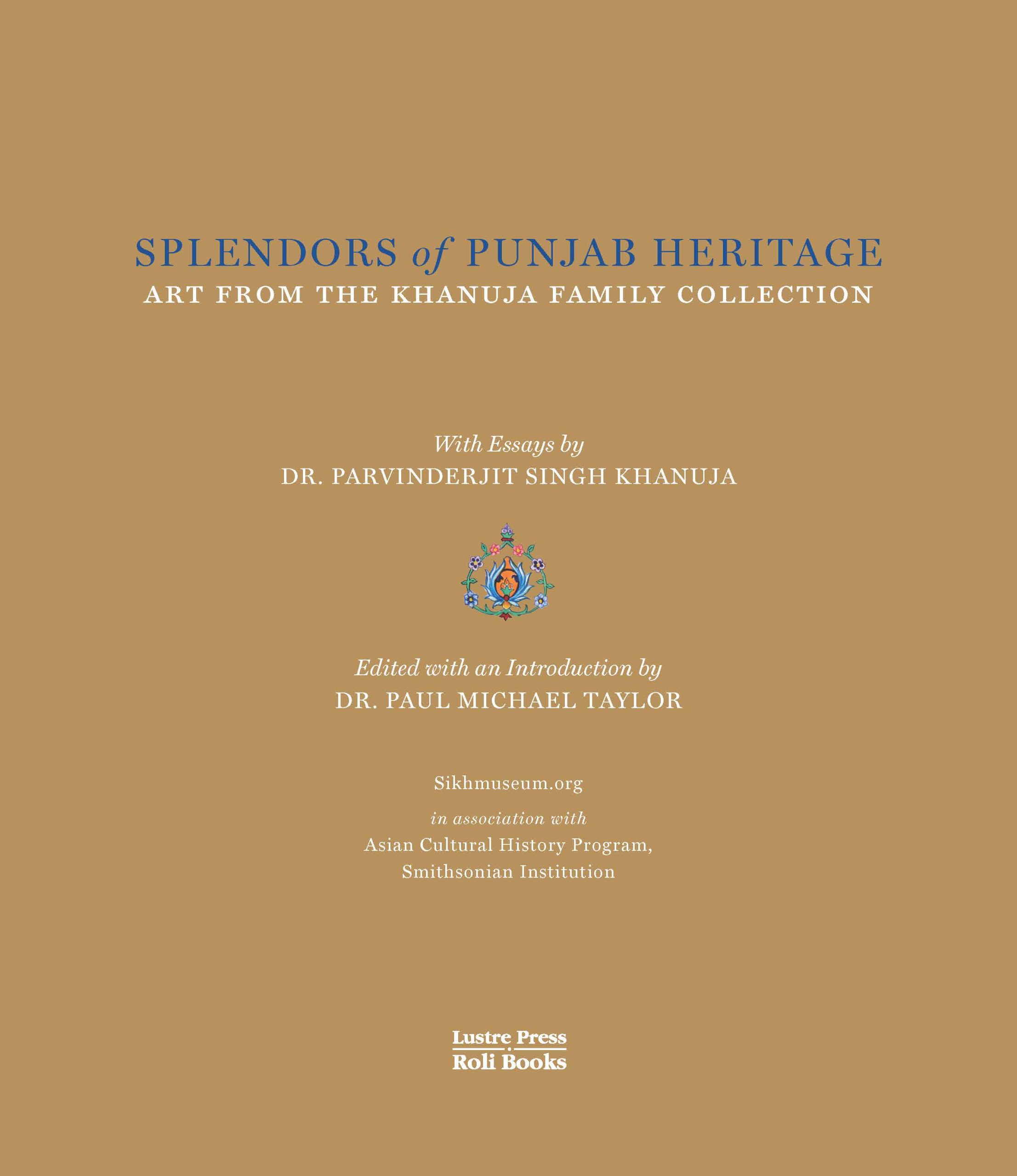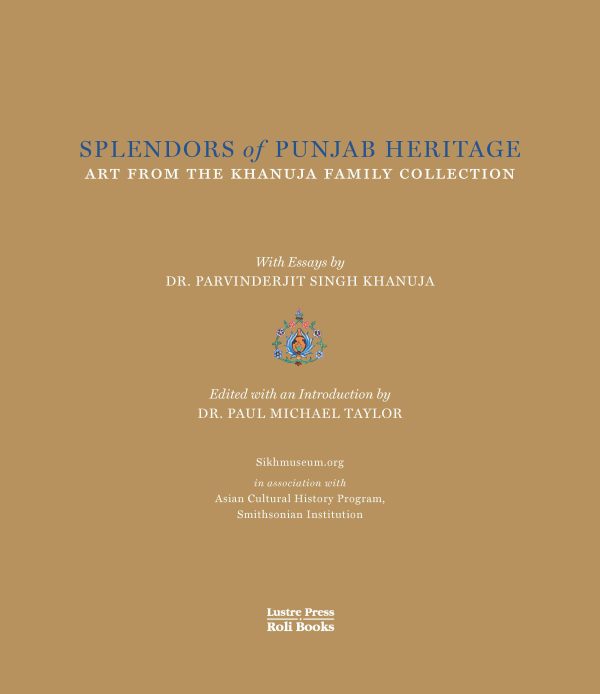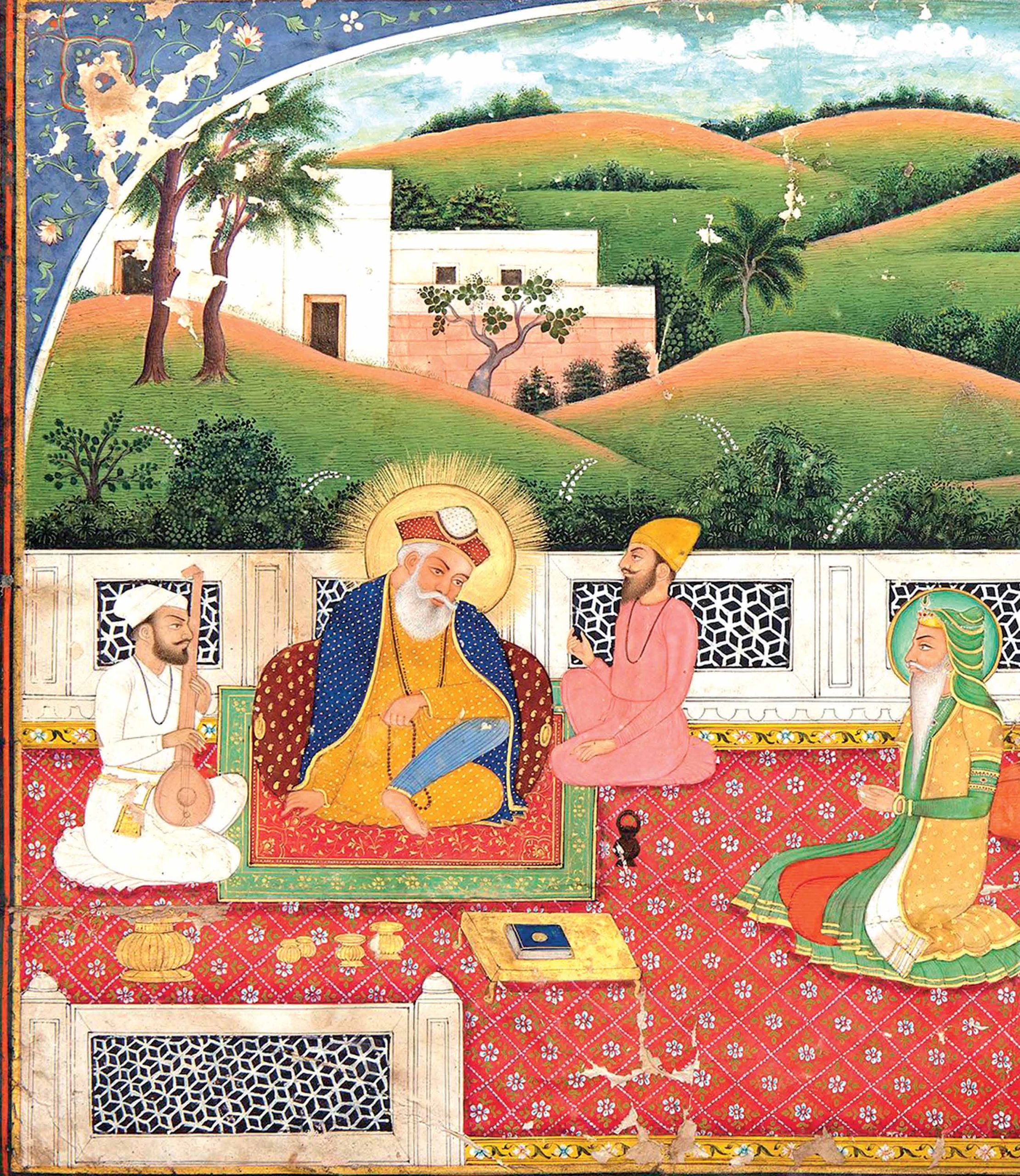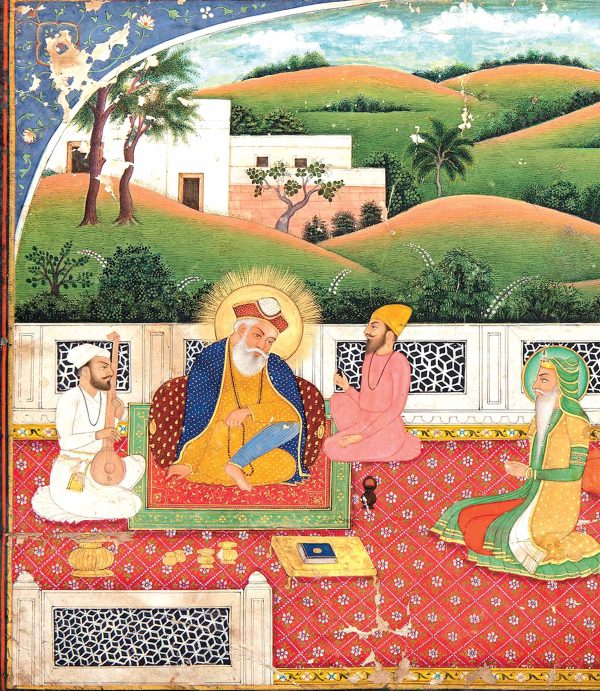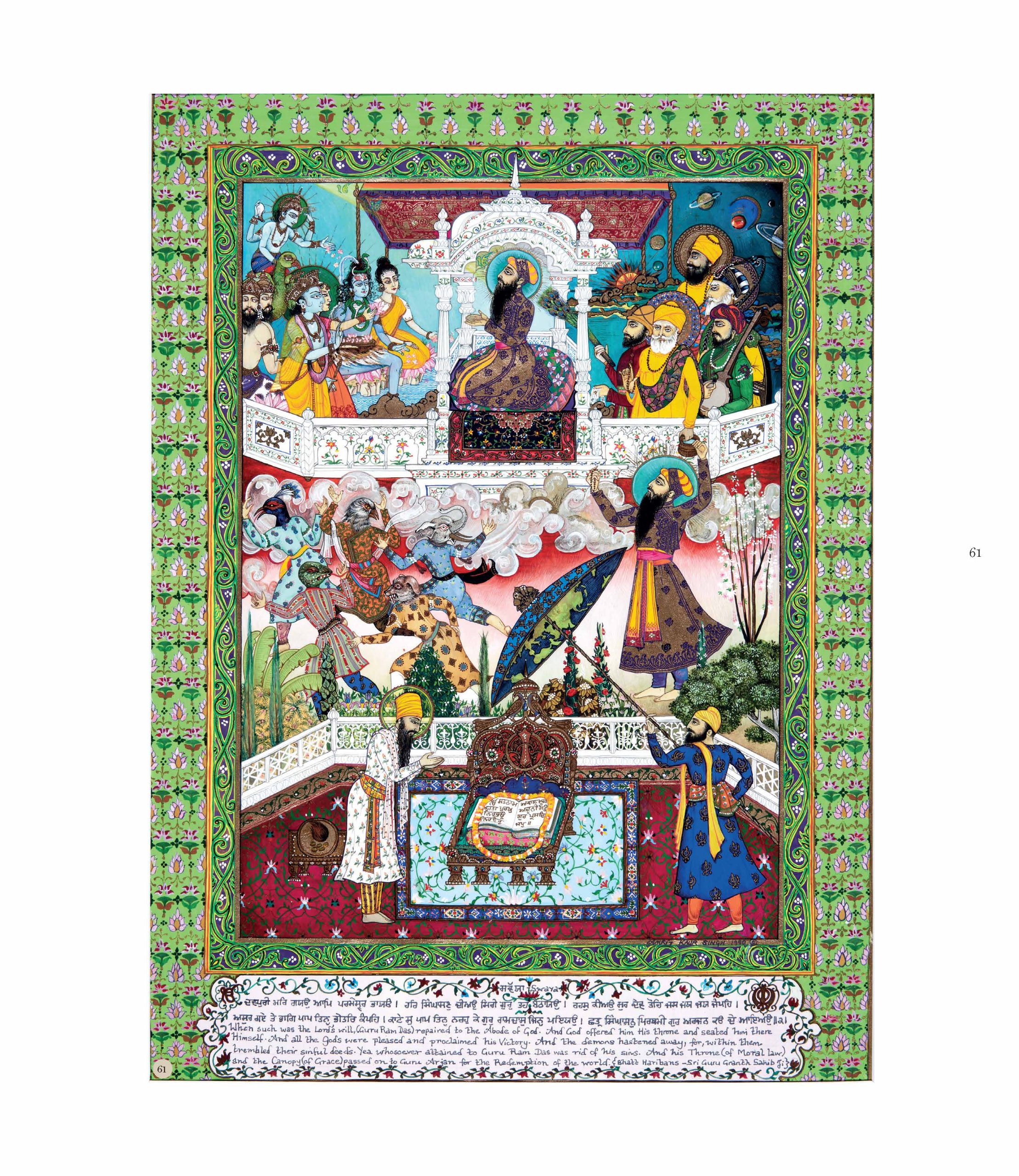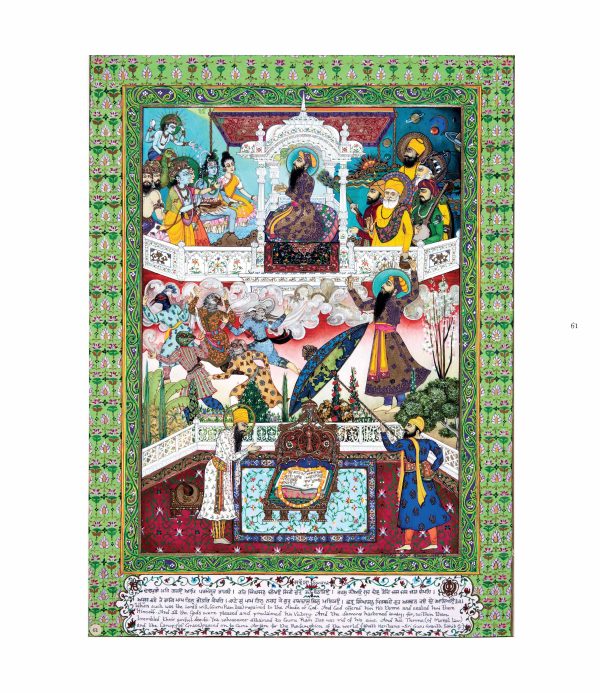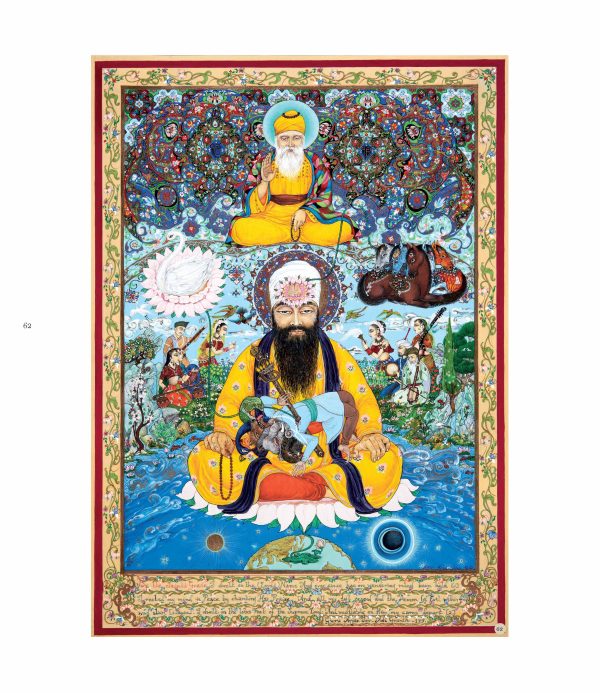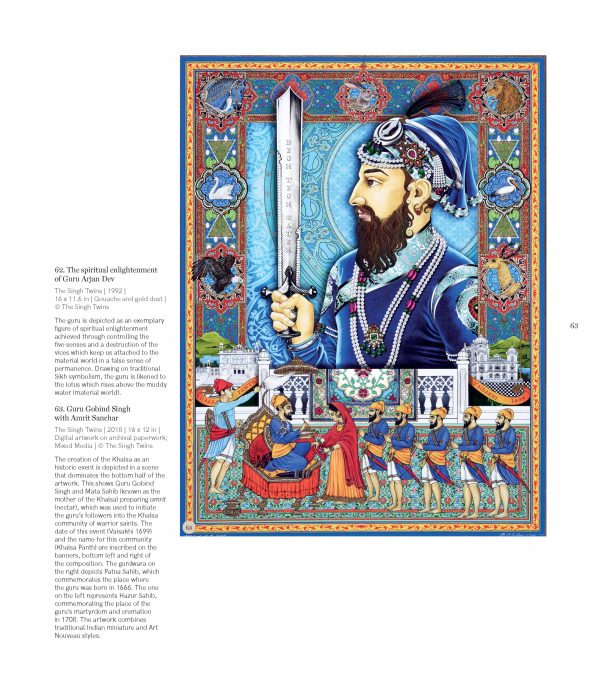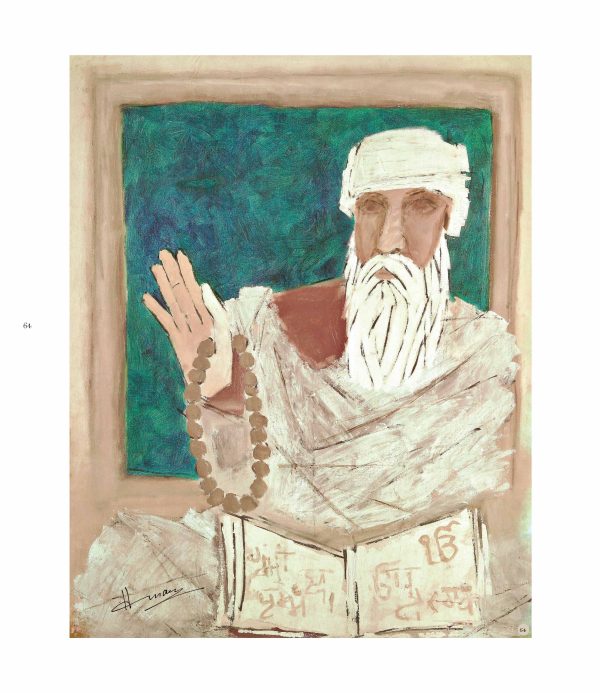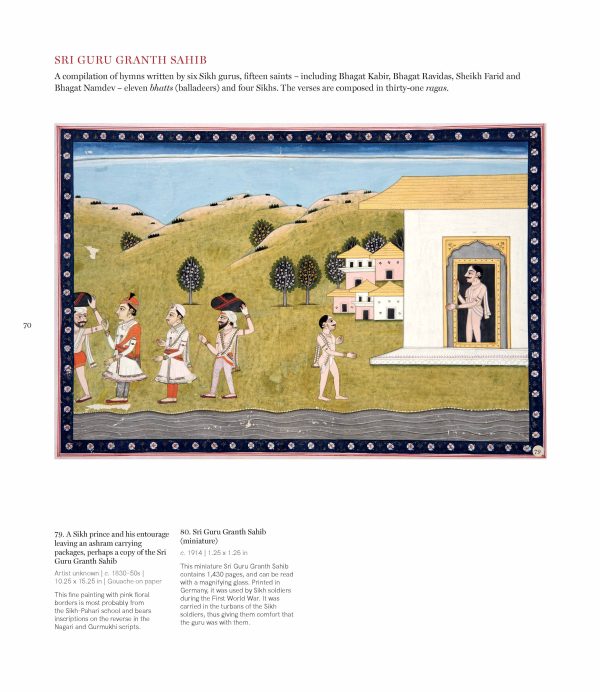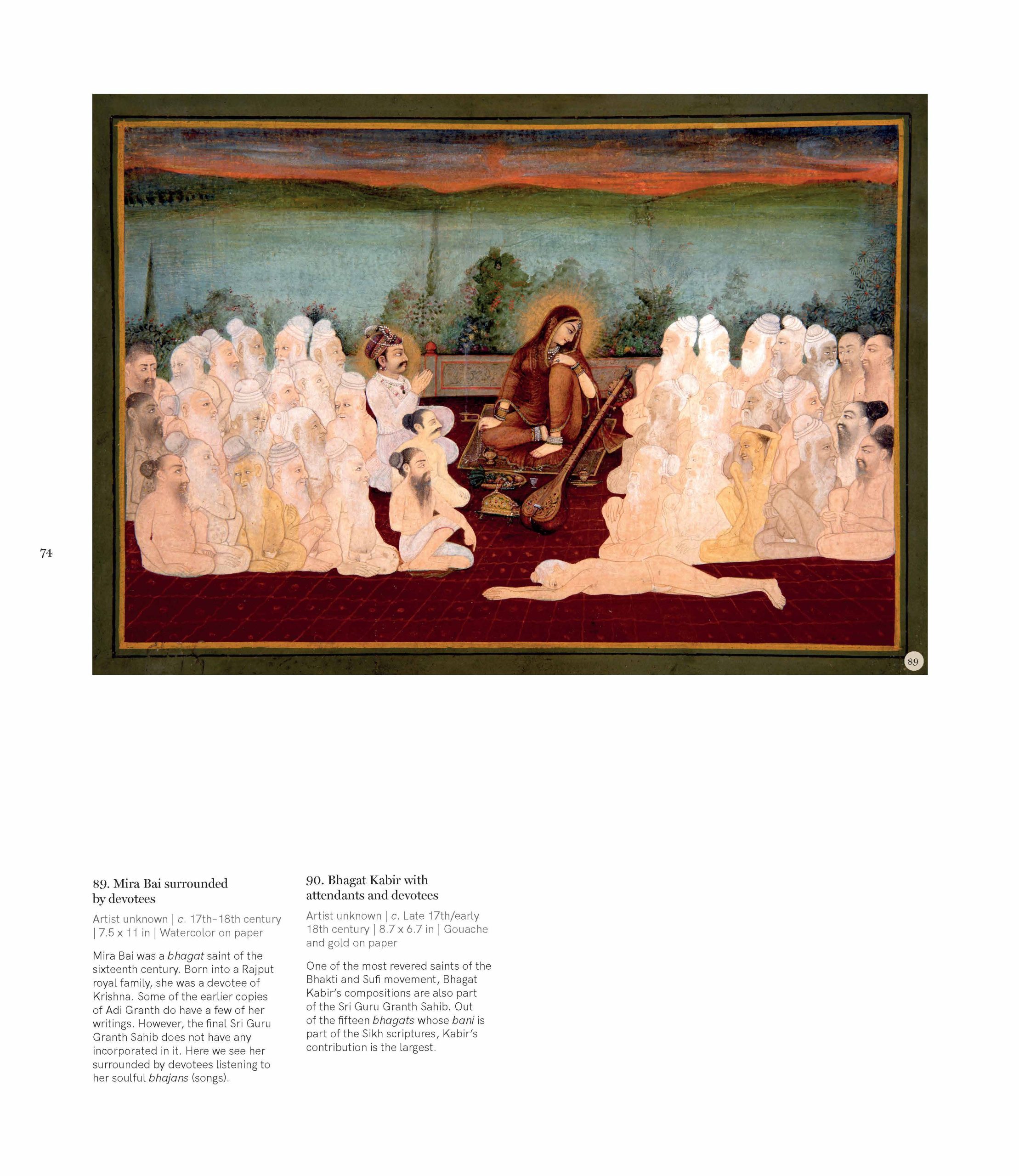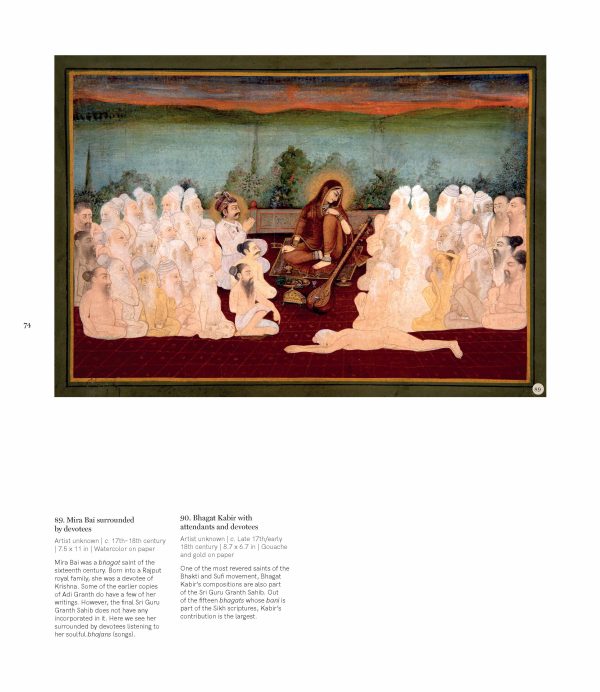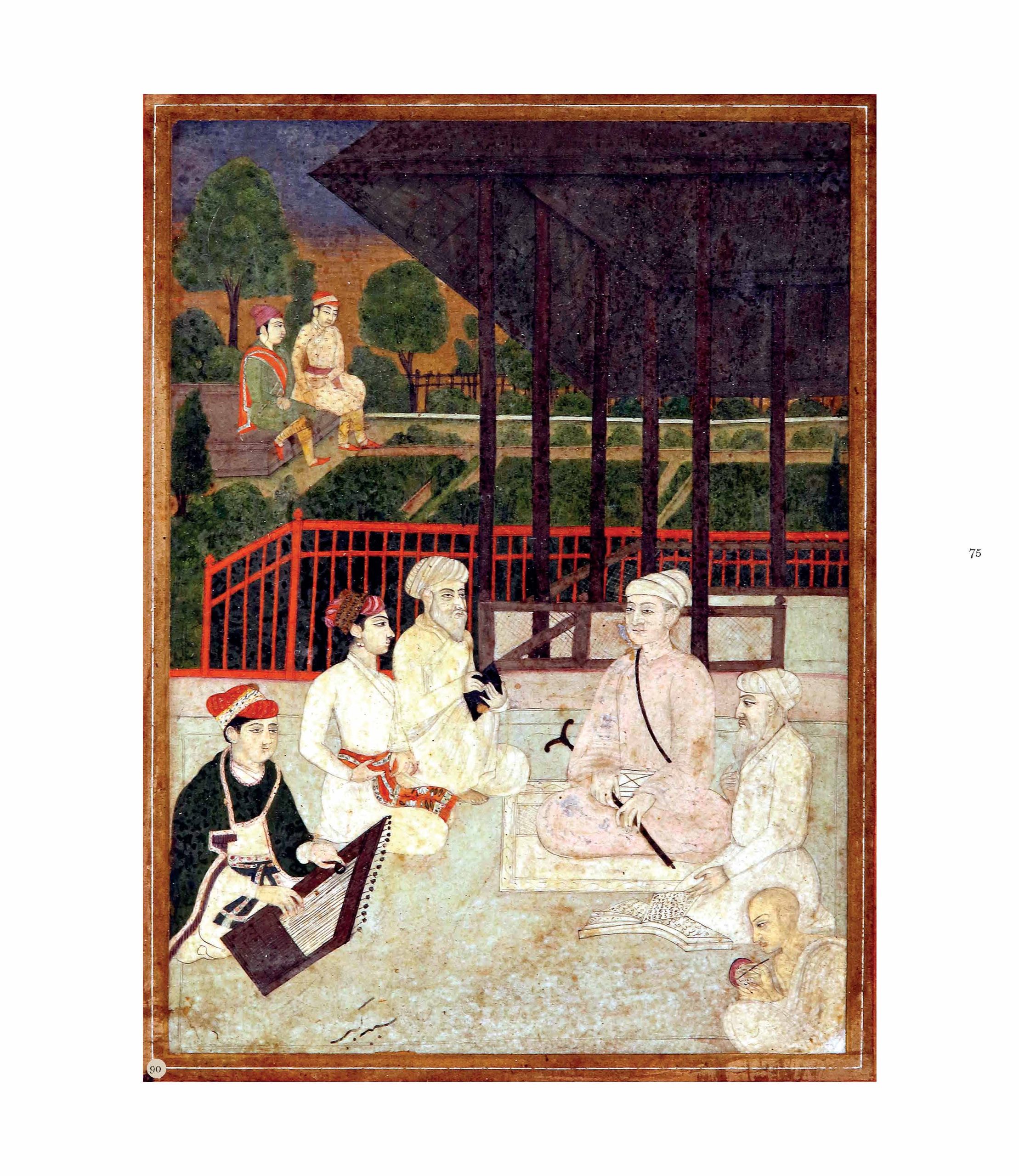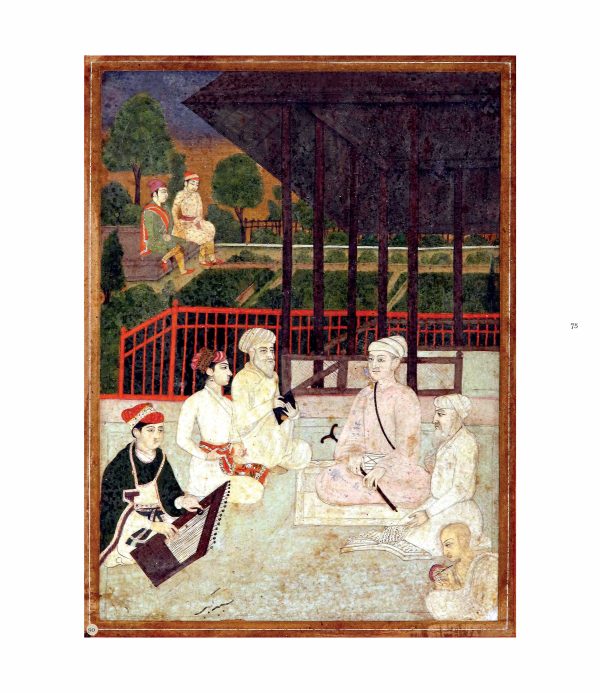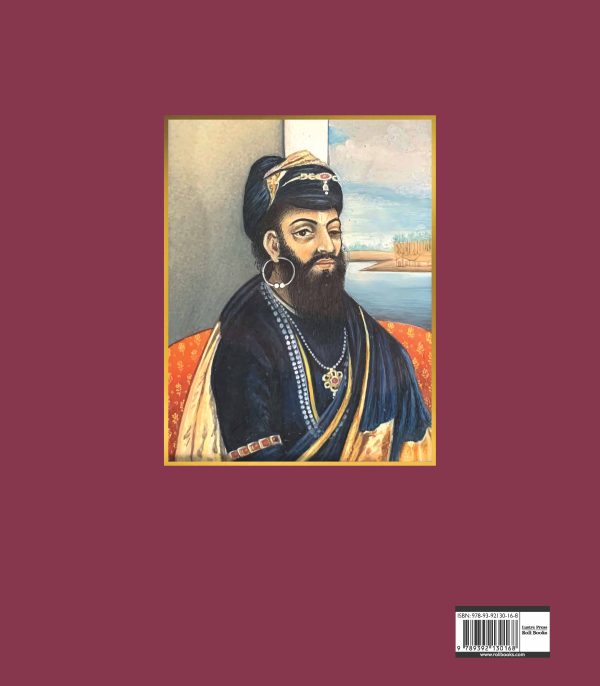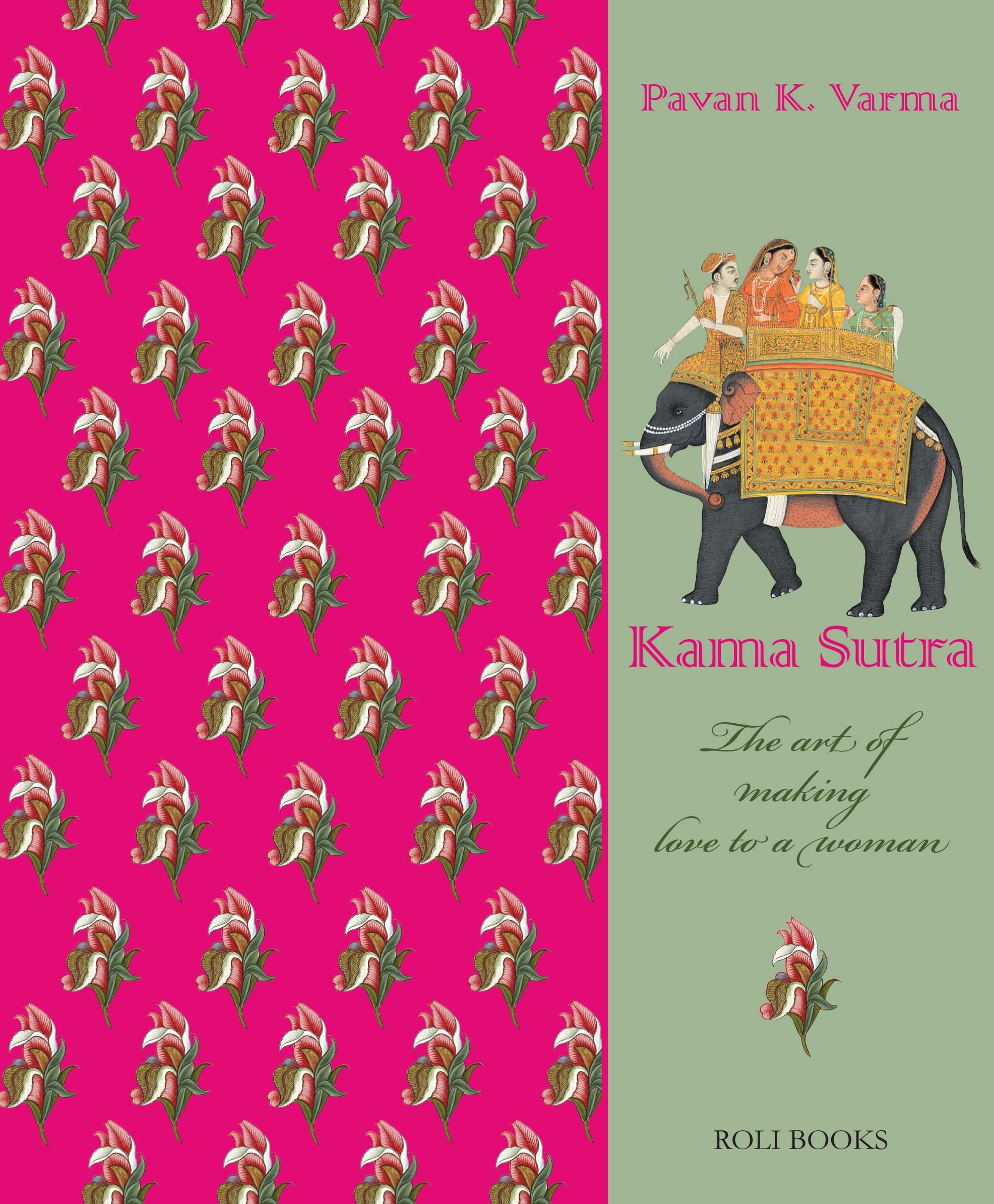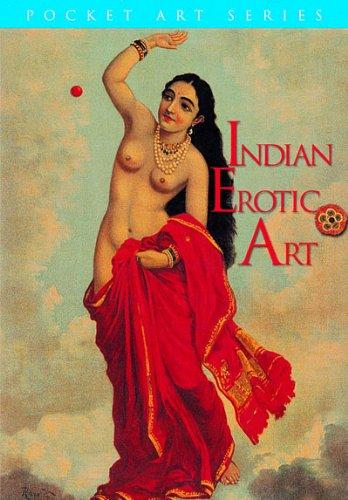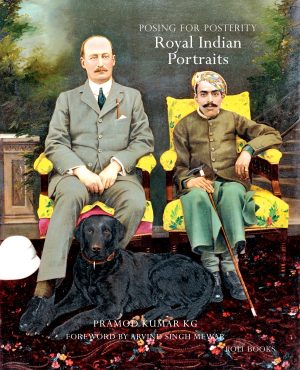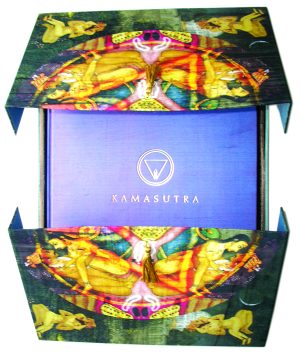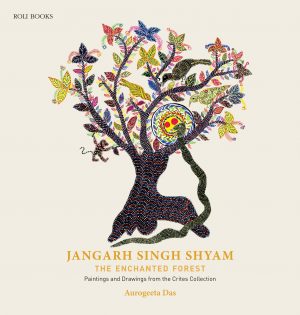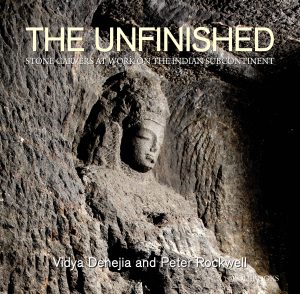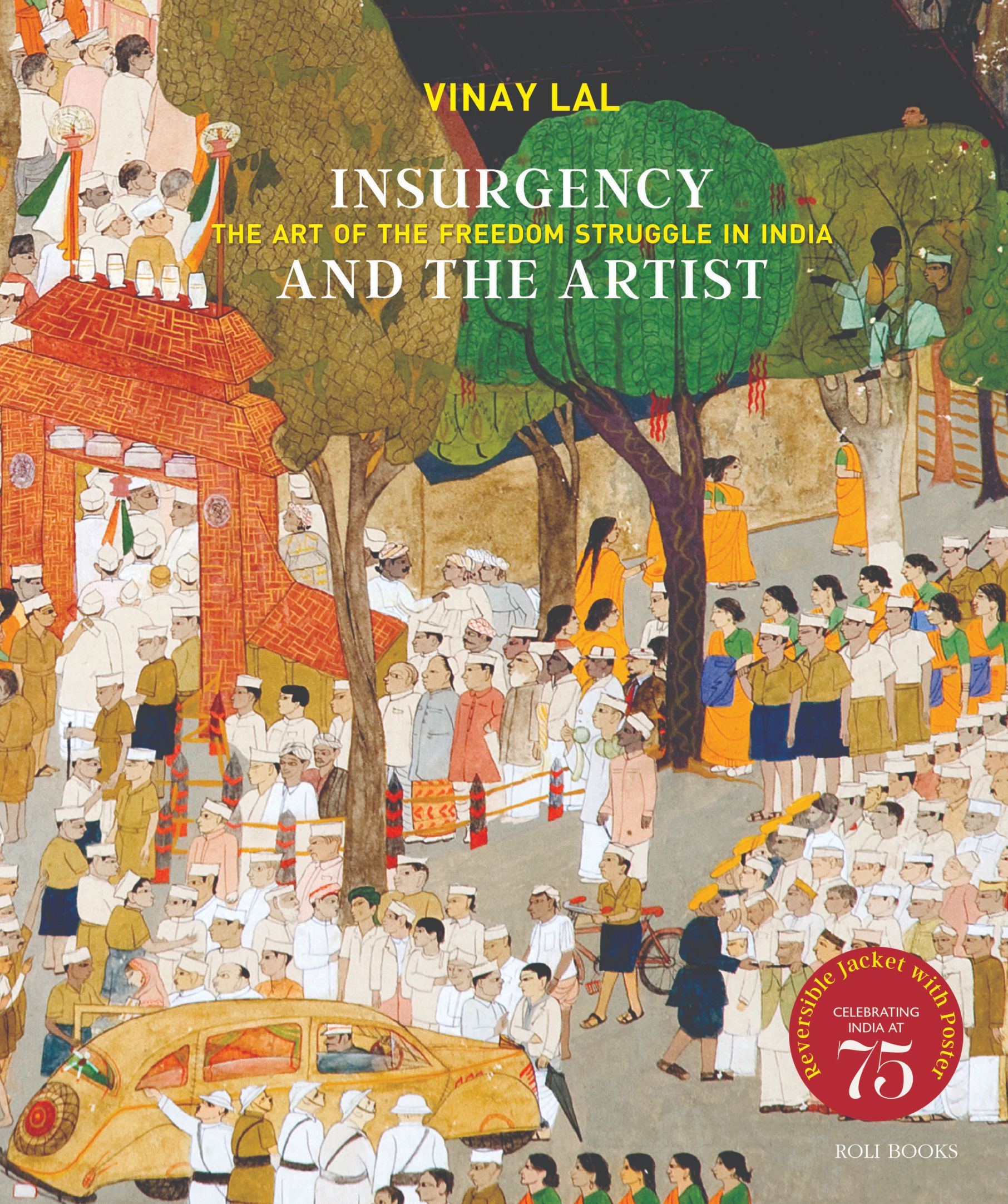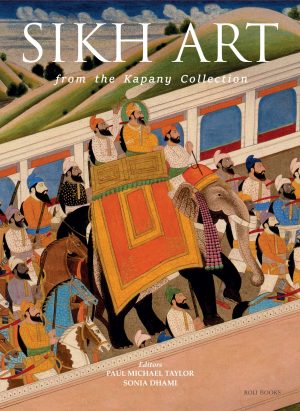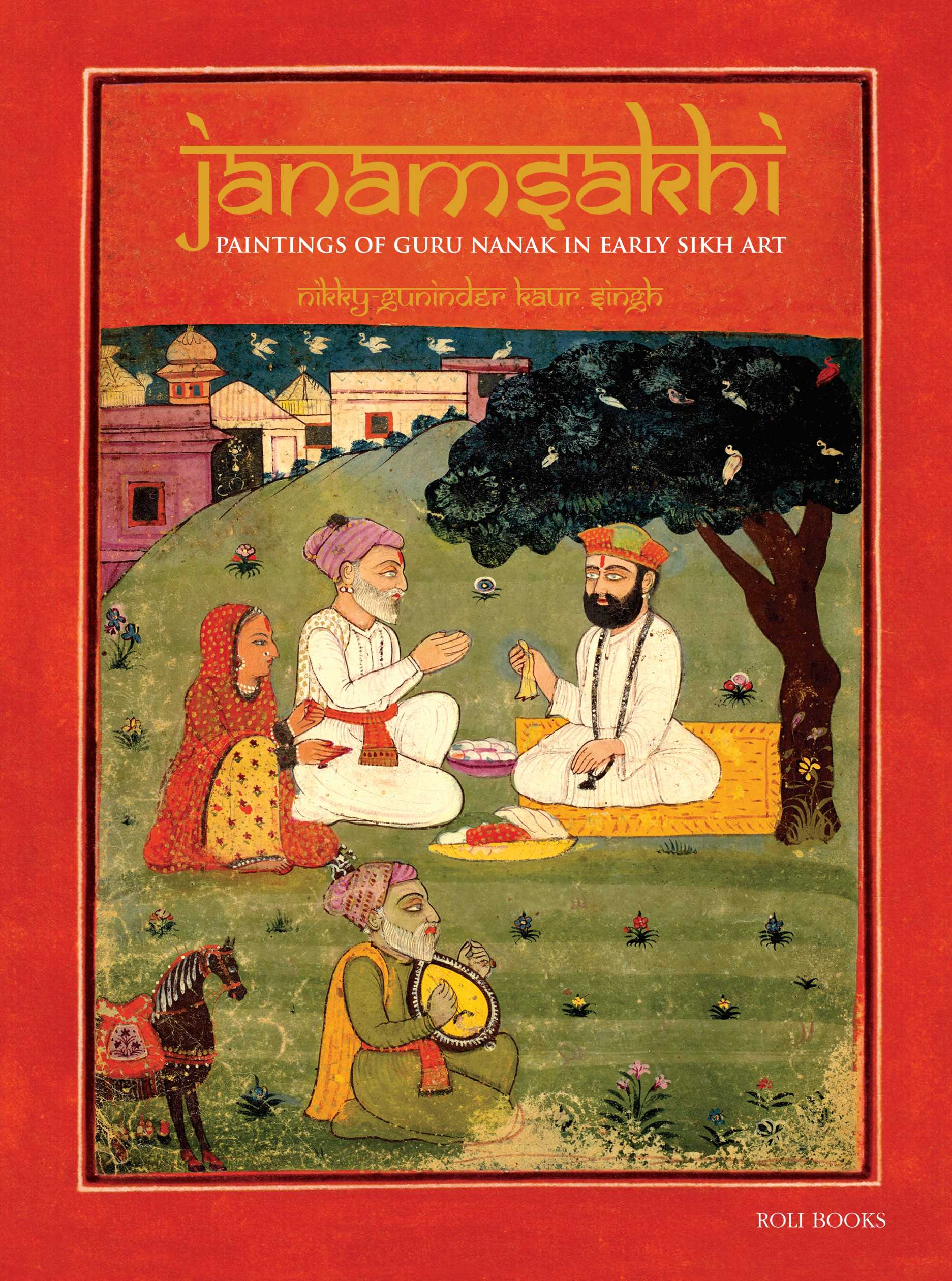Authors
-
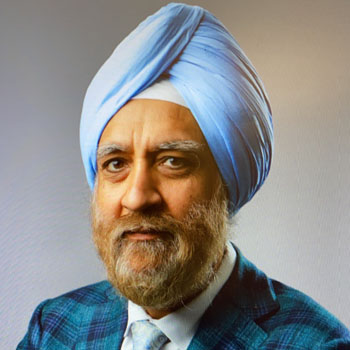
Parvinderjit Singh Khanuja, a medical oncologist, was born in Muzaffarnagar (India) and received his education and medical training in India and in the United States. He is a Fellow of the American College of Physicians and he has lived for the last thirty years in Phoenix, Arizona, where he founded the Ironwood Cancer Centers in 1993. Besides practicing medicine, he is involved with multiple nonprofit organizations and is a member of the Board of Trustees of the Phoenix Art Museum, where he contributed to the creation of a permanent Sikh art gallery. He believes that, although life is a transitory and ever-changing process, history needs to be preserved. He has been collecting Punjabrelated art for nearly fifteen years with the goal of preserving it for the future generations.
-
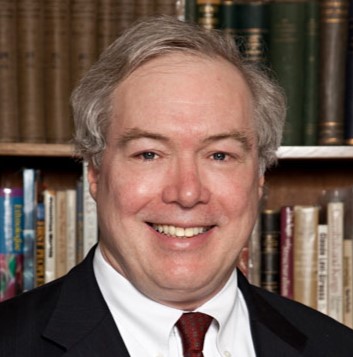 Editor: Paul Michael Taylor
Editor: Paul Michael TaylorPaul Michael Taylor, a research anthropologist at the Smithsonian Institution since 1981, is Curator for Asia, Europe, and the Middle East in the Smithsonian’s Anthropology Department, and he serves as Director of the Smithsonian’s Asian Cultural History Program. He received a B.A. summa cum laude from UCLA and Ph.D. from Yale University, both in Anthropology; and is an author or editor of numerous books and scholarly articles on the ethnography, ethnobiology, languages, and art (or material culture) of Asia. These include Beyond the Java Sea: Art of Indonesia’s Outer Islands, Fragile Traditions: Indonesian Art in Jeopardy, Sikh Art from the Kapany Collection, and Artists of Modern Kazakhstan. Many of his publications are available at: https://si.academia.edu/PaulMichaelTaylor. He also served as curator of many museum exhibitions.

